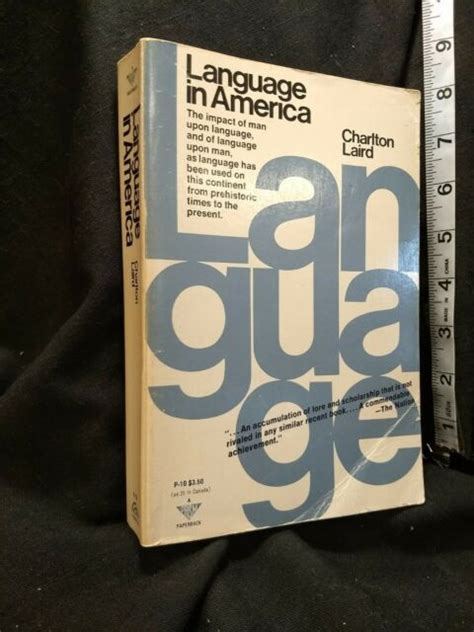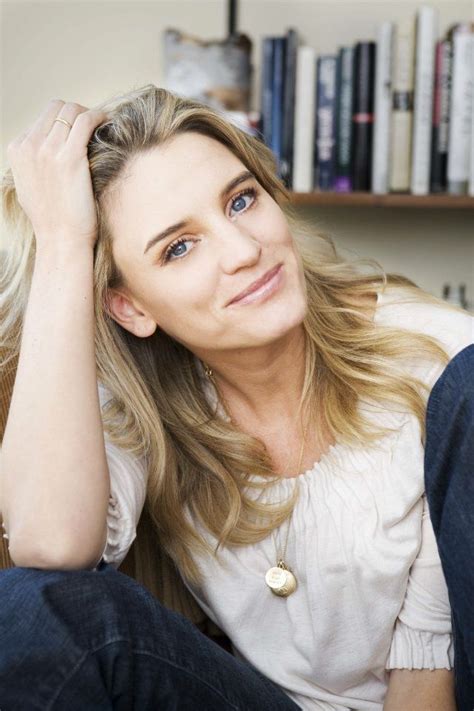A Quote by Charlton Laird
You and I who read and write books have very little effect upon language. We may think about it, write about it, and read about it, but it goes on without us, or in spite of us.
Related Quotes
When people talk to me about the digital divide, I think of it not so much about who has access to what technology as about who knows how to create and express themselves in the new language of the screen. If students aren't taught the language of sound and images, shouldn't they be considered as illiterate as if they left college without being able to read and write?
They've been screaming about the death of literacy for years, but I think TV is the Gutenberg [printing] press. I think TV is the only thing that keeps us vaguely in democracy even if it's in the hands of the corporate culture. If you're an artist you write in your time. Moaning about the fact that maybe people read more books a hundred years ago - that's not true. I think the same percentage has always read.
The best thing about conceptual poetry is that it doesn’t need to be read. You don’t have to read it. As a matter of fact, you can write books, and you don’t even have to read them. My books, for example, are unreadable. All you need to know is the concept behind them. Here’s every word I spoke for a week. Here’s a year’s worth of weather reports... and without ever having to read these things, you understand them.
I wish that the adults who are 'in power' cared more about what their children read. Books are incredibly powerful when we are young - the books I read as a child have stayed with me my entire life - and yet, the people who write about books, for the most part, completely ignore children's literature.
When I was nine, the teacher asked us to write a piece about our village fete. He read mine in class. I was encouraged and continued. I even wanted to write my memoirs at the age of ten. At twelve I wrote poetry, mostly about friendship - 'Ode to Friendship.' Then my class wanted to make a film, and one little boy suggested that I write the script.
The most important thing for a writer to do is to write. It really doesn't matter what you write as long as you are able to write fluidly, very quickly, very effortlessly. It needs to become not second nature but really first nature to you. And read; you need to read and you need to read excellent books and then some bad books. Not as many bad books, but some bad books, so that you can see what both look like and why both are what they are.
I have a really good idea of who my readers are and always write with a sensitivity to my audience. I use the F word when necessary, but there are words I won't use, mainly because I don't like them. I don't write about body parts when I write about sex. It's not about the physiological, it's more important for teens to read about the emotional aspects. I do think there are times when self-censorship is important.







































